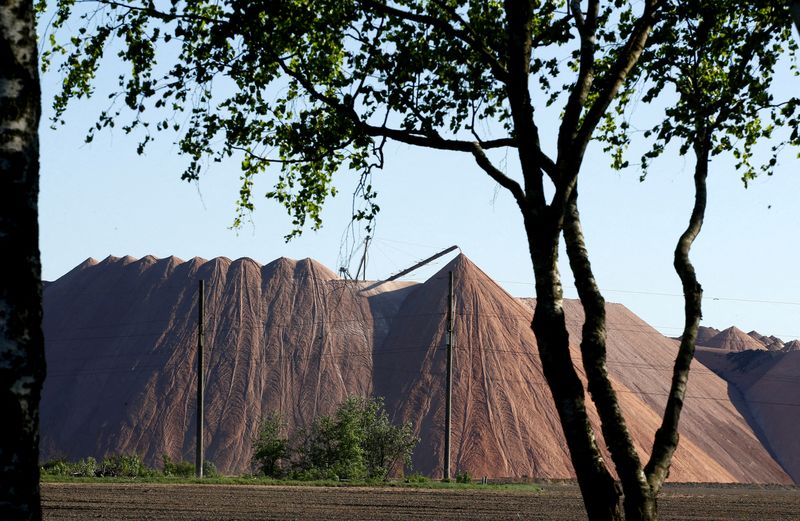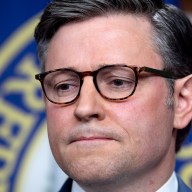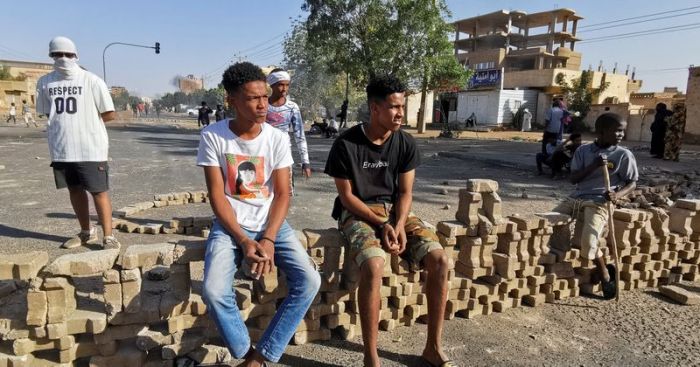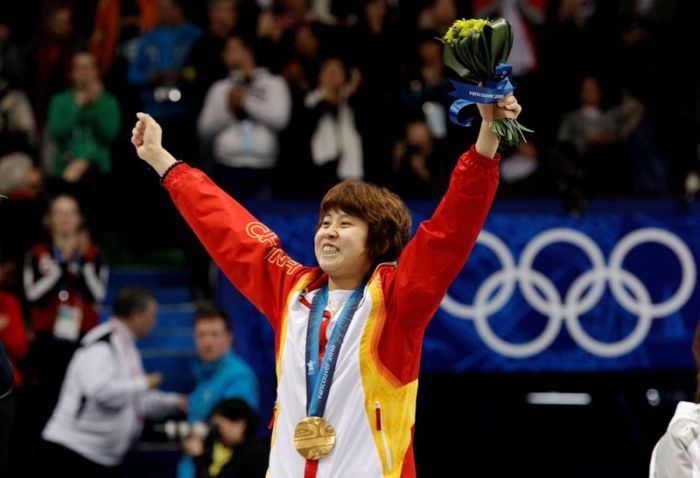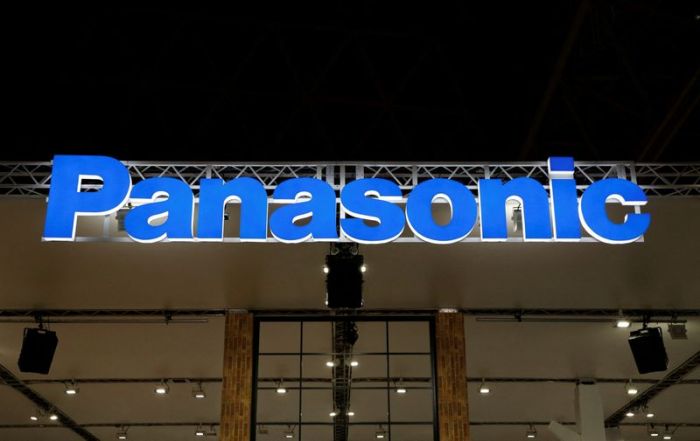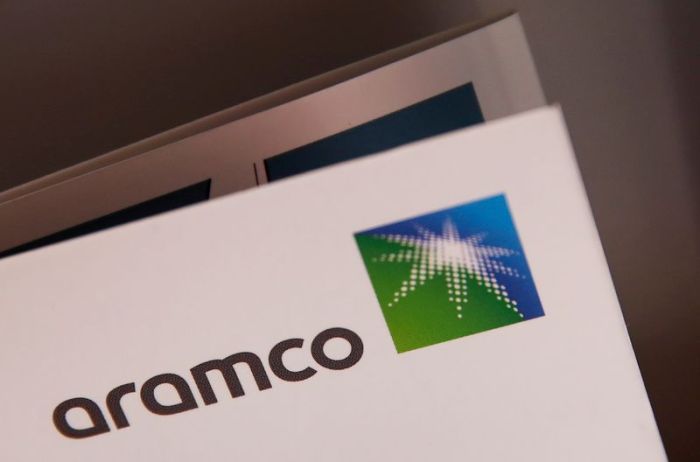MOSCOW (Reuters) -Moscow is discussing the possibility of shipping Belarusian potash via Russian ports, the Kremlin spokesman Dmitry Peskov told reporters on Wednesday.
Sanctions-hit Belarus said on Tuesday that it had diverted its potash shipments from Lithuania’s Klaipeda port to Russian ports after Vilnius decided to halt the use of its railway for Belarus exports of the crop nutrient.
“This issue is on the agenda, it is being discussed,” Peskov said. “If I am not mistaken, this (transportation) flow has not started yet.”
State-owned Belaruskali is the world’s second largest producer of potash, which it exports via its arm Belarus Potash Company (BPC).
Washington sanctioned the producer in 2021 as part of the West’s response to Belarus President Alexander Lukashenko’s crackdown against political opponents. The U.S. sanctions on BPC, the exporter, will be fully launched on April 1.
The Baltic Sea is the main route for Belarusian exports of the fertiliser and Russia’s help is crucial for the land-locked country, which depends on potash exports for much of its foreign currency earnings and relies on Moscow as its ally.
However, Russia’s Baltic Sea ports do not have enough free capacity to handle BPC’s 12.5 million tonnes of the product a year, and it is impossible to accommodate the shipments immediately, an industry source told Reuters.
“There is no space for them. But part of the amount will surely be adopted,” the source added.
Russia’s transport ministry declined to comment.
BPC’s export markets include China, Brazil and India. India suggested that BPC could open a rupee account with a state-run Indian bank for sales of 1 million tonnes of potash to India, two Indian officials involved in the discussions told Reuters.
(Reporting by Dmitry Antonov, Polina Devitt and Gleb Stolyarov; writing by Polina Devitt; editing by Jason Neely and Tomasz Janowski)

